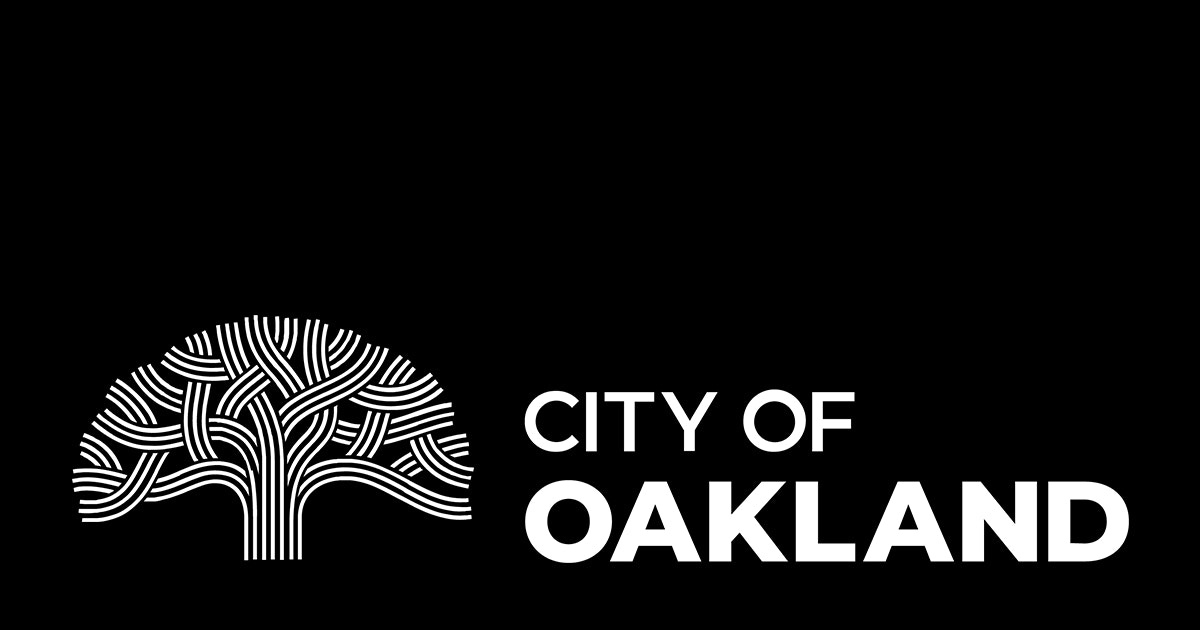On Thursday, October 3, 2024, city, state, and nonprofit leaders convened at Palo Vista Community Gardens, a public housing community in East Oakland, to announce a series of complementary investments in broadband infrastructure and digital access aimed at bridging the digital divide in Oakland’s most underserved communities. These initiatives, spanning multiple sectors and funding sources, represent a coordinated effort to ensure that every resident, regardless of income or location, can access reliable, high-speed internet and the devices necessary to thrive in today’s digital world.
These investments will expand access to many of the least connected neighborhoods in urban Alameda County—communities that many advocates had feared would be excluded from the State’s once-in-a-generation digital equity investment, and where internet performance is—on average—ten times slower than in higher income, predominantly White communities. Speaking on the dialogue that prioritized Oakland’s highest poverty communities, Assemblymember Bonta shared, “I have to say that we had courageous conversations. They weren’t easy. There were tears. There was a little anger. There was certainly consternation, but at the heart of that was love. Love for the city. Love for the concept of justice and equity and a recognition that connectivity in this day and age is a civil right.”[1:34:20]
Four major initiatives were highlighted during the press conference:
- Oakland Housing Authority’s (OHA) $2.5M Free Internet Initiative
- The City of Oakland’s $15M Federal Funding Account (FFA) Last Mile Broadband Infrastructure Grant
- The California Department of Technology’s (CDT) ~ $20M middle-mile network (“internet superhighway”) installation along Interstate 580, 880, and 980
- Oakland Public Education Fund’s $1M Student Connectivity Fund for Oakland Unified School District (OUSD)
Oakland Housing Authority Free Internet Initiative
In December of 2023, Oakland Housing Authority’s Board of Directors unanimously approved $2.5M to fund the first phase of the OHA Free Internet Initiative. OHA Executive Director Patricia Wells announced that service installation is currently underway. This initiative will provide free WiFi to nearly 2,000 residents in OHA’s four largest properties through at least 2027. Director Wells emphasized the importance of this initiative, stating, “The internet is a 21st-century necessity – essential for all aspects of life, including learning, banking, economic opportunity, and health and social services access. With this commitment, OHA deepens its pursuit of an Oakland undivided, where students, families, and residents have access to the internet as a utility.” The goal is to deploy at the remaining sites by Fall 2024.
The City of Oakland’s $15M FFA Last Mile Broadband Infrastructure Grant
Oakland Mayor Sheng Thao formally announced the $15M Oakland Connect grant awarded by the California Public Utilities Commission (CPUC). In July, the CPUC voted unanimously to fund Oakland Connect—the City of Oakland’s $15 million grant proposal to expand access to reliable, high-speed internet in Oakland. Mayor Thao expressed that she is “extremely proud of the team that worked on this and wants to thank the CPUC for selecting our project and providing this opportunity to invest in the most underserved communities in East and West Oakland.” The Oakland Connect project will pave the way for the city to expand high-speed internet access to thousands of unserved and underserved families in East and West Oakland while also connecting 14 community anchor institutions and 9 public safety buildings.
The California Department of Technology $20M Middle Mile Investment in Oakland
The California Department of Technology (CDT) is building the largest public broadband network in the United States—8,000 miles of fiber optic cables that connect entire communities to high-speed, reliable internet. The CDT shared that installation is underway on these “internet superhighways” along every eligible state right-of-way in Oakland, including I-580, I-880, and I-980. This state-driven project in Oakland will be a cornerstone of the Statewide network, providing the bandwidth needed to build last-mile networks, including the City of Oakland’s Oakland Connect FFA Last Mile project.
Oakland Public Education Fund’s $1M Student Connectivity Fund for Oakland Unified School District (OUSD)
Supporting student connectivity, OUSD Superintendent Dr. Kyra Johnson-Trammell lauded Oakland Public Education Fund’s announcement of a $1M Student Connectivity Fund that will provide home devices and internet access to students in need in Oakland Unified School District (OUSD). In her remarks, she highlighted OUSD’s dedication to ensuring students have the tools they need to thrive and expressed her gratitude “…the partnership through Oakland Undivided is invaluable to this effort, and now the Oakland Public Education Fund’s $1M Student Connectivity Fund will help us carry on the mission to provide all students in need with a computer and home internet access for the fifth consecutive year.”
These four initiatives represent a bold new era for digital equity in Oakland, where collaborations will bring connectivity and opportunity to underserved residents for generations.
Relevant Links: Event Recording | Event Program | Event Photos
####
About #OaklandUndivided
#OaklandUndivided (#OU) is an equity-based, collective impact initiative launched in May 2020 to harness the people’s power to solve one of modern society’s most persistent structural inequities – the digital divide. #OaklandUndivided consists of a coalition of our founding partners, including the City of Oakland and Oakland Unified School District, trusted anchor institutions, over 20 community-based organizations, as well as elected and appointed officials and community leaders throughout Oakland. At #OaklandUndivided, we believe in taking a comprehensive approach to digital equity that addresses the structural inequities that undergird the divide. We believe digital equity impacts virtually every sector and intersection of society: Education, Healthcare, Workforce (employment), and Economic Development.

